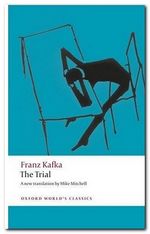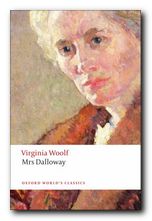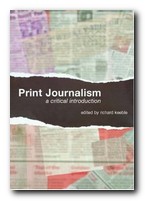sample from HTML program and PDF book
1. Plagiarism in essays occurs when you take someone else’s ideas or words and try to pass them off as your own original work. In its worst form this happens when someone is stuck for ideas and lifts a passage from a textbook, hoping that the use of this ‘borrowed’ material will not be noticed. [It is usually very noticeable.]
2. Sometimes this can happen unintentionally, because the student uses a passage from someone else’s work – but forgets to put quote marks around it. These lifted passages are easily noticeable because of the sudden shift in tone in the writing.
3. You should always acknowledge the original source of any words or ideas which you use in your own work. Any attempt to pass off work which is not your own is regarded as cheating in academic circles, and is usually severely censured.
4. You can either acknowledge any idea you use in summary form:
This is what the critic Stanley Fish has called ‘interpretive communities’ (1) as a strategy in his argument that …
5. Alternatively, you can interrupt your own argument to briefly quote a passage from the original source. As Stanley Fish suggests:
Interpretive communities are made up of those who share interpretive strategies not for reading (in the conventional sense) but for writing texts, for constituting their properties and assigning their intentions. (1)
6. In both cases you must acknowledge that original source, either in a footnote or an endnote, which is shown as follows:
NOTES
1. Stanley Fish, Is There a Text in this Class, Harvard University Press, 1980, p.169.
7. Unless you have specifically been asked to discuss or summarise other people’s arguments, you should avoid composing an essay by stringing together accounts of other writers’ work.
8. More difficult instances occur when dealing with ideas that are in the public domain. For instance, you might not know who first thought of a concept you wish to bring into play. In such a case you should simply acknowledge the fact that the idea is not your own.
What follows is the rather stringently worded code on plagiarism from a typical university handbook.
Plagiarism
Plagiarism is the theft or appropriation of someone else’s work without proper acknowledgement, presenting the materials as if they were one’s own. Plagiarism is a serious academic offence and the consequences are severe.
a) Course work, dissertations, and essays submitted for assessment must be the student’s own work, unless in the case of group projects a joint effort is expected and indicated as such.
b) Unacknowledged direct copying from the work of another person, or the unacknowledged close paraphrasing of somebody else’s work, is called plagiarism and is a serious offence, equated with cheating in examinations. This applies to copying both from other student’s work and from published sources such as books, reports or journal articles.
c) Use of quotations or data from the work of others is entirely acceptable, and is often very valuable provided that the source of the quotation or data is given. Failure to provide a source or put quotation marks around material that is taken from elsewhere gives the appearance that the comments are ostensibly one’s own. When quoting word-for-word from the work of another person quotation marks or indenting (setting the quotation in from the margin) must be used and the source of the quoted material must be acknowledged.
d) Paraphrasing when the original statement is still identifiable and has no acknowledgement, is plagiarism. A close paraphrase of another person’s work must have an acknowledgement to the source. It is not acceptable to put together unacknowledged passages from the same or from different sources link these together with a few words or sentences of your own and changing a few words from the original text: this is regarded as over-dependence on other sources, which is a form of plagiarism.
e) Direct quotation from an earlier piece of the student’s own work, if unattributed, suggests that the work is original, when in fact it is not. The direct copying of one’s own writings qualifies as plagiarism if the fact that the work has been or is to be presented elsewhere is not acknowledged.
f) Sources of quotations used should be listed in full in a bibliography at the end of the piece of work and in a style required by the student’s department.
g) Plagiarism is a serious offence and will always result in imposition of a penalty. In deciding upon the penalty the University will take into account factors such as the year of study, the extent and proportion of the work that has been plagiarised and the apparent intent of the student. the penalties that can be imposed range from a minimum of zero mark for the work (without allowing resubmission) through to downgrading of degree class, the award of a lesser qualification (eg a Pass degree rather than Honours, a certificate rather than a diploma) to disciplinary measures such as suspension or expulsion.
© Roy Johnson 2003
Buy Writing Essays — eBook in PDF format
Buy Writing Essays 3.0 — eBook in HTML format
More on writing essays
More on How-To
More on writing skills

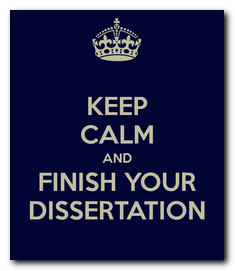 This is an optional section, depending on the subject of your dissertation. Subjects that involve any sort of scientific or quantitative investigation will require an account of the methods used. This account will include an explanation of how the research has been designed and implemented, and why the particular collection of data and the method of analysis has been chosen. The methodology might be qualitative, quantitative, or experimental, and it might involve gathering information and subjecting it to close scrutiny and analysis. Arts and humanities subjects tend not to have quasi-scientific methodologies, but rely on the close examination and analysis of materials and texts, followed by the your own persuasive arguments.
This is an optional section, depending on the subject of your dissertation. Subjects that involve any sort of scientific or quantitative investigation will require an account of the methods used. This account will include an explanation of how the research has been designed and implemented, and why the particular collection of data and the method of analysis has been chosen. The methodology might be qualitative, quantitative, or experimental, and it might involve gathering information and subjecting it to close scrutiny and analysis. Arts and humanities subjects tend not to have quasi-scientific methodologies, but rely on the close examination and analysis of materials and texts, followed by the your own persuasive arguments.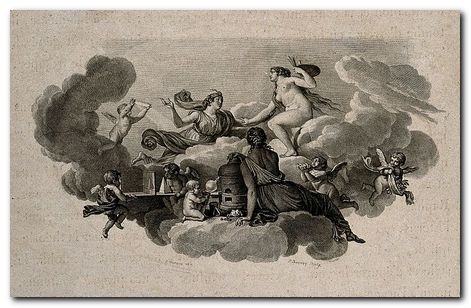
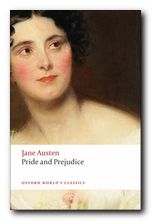
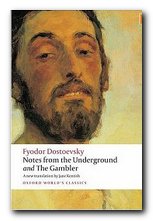
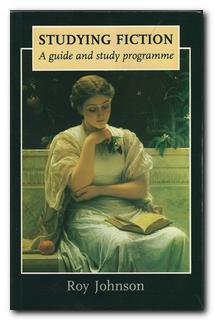 Studying Fiction is an introduction to the basic concepts and technical terms you need when making a study of stories and novels. It shows you how to understand literary analysis by explaining its elements one at a time, then showing them at work in short stories which are reproduced as part of the book. Topics covered include – setting, characters, story, point of view, symbolism, narrators, theme, construction, metaphors, irony, prose style, tone, close reading, and interpretation. The book also contains self-assessment exercises, so you can check your understanding of each topic.
Studying Fiction is an introduction to the basic concepts and technical terms you need when making a study of stories and novels. It shows you how to understand literary analysis by explaining its elements one at a time, then showing them at work in short stories which are reproduced as part of the book. Topics covered include – setting, characters, story, point of view, symbolism, narrators, theme, construction, metaphors, irony, prose style, tone, close reading, and interpretation. The book also contains self-assessment exercises, so you can check your understanding of each topic.